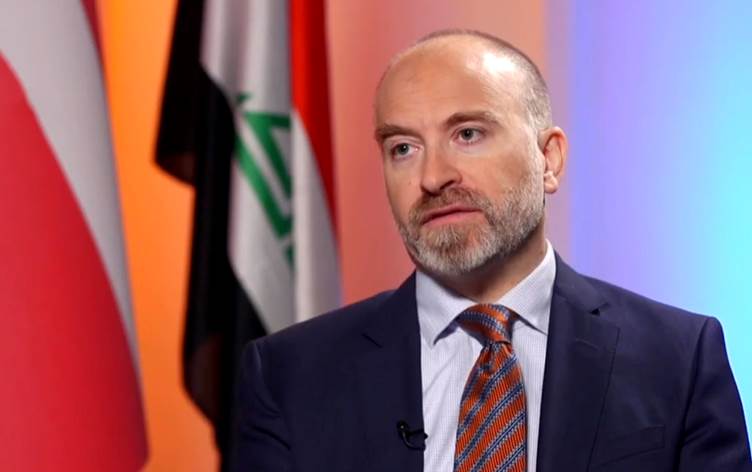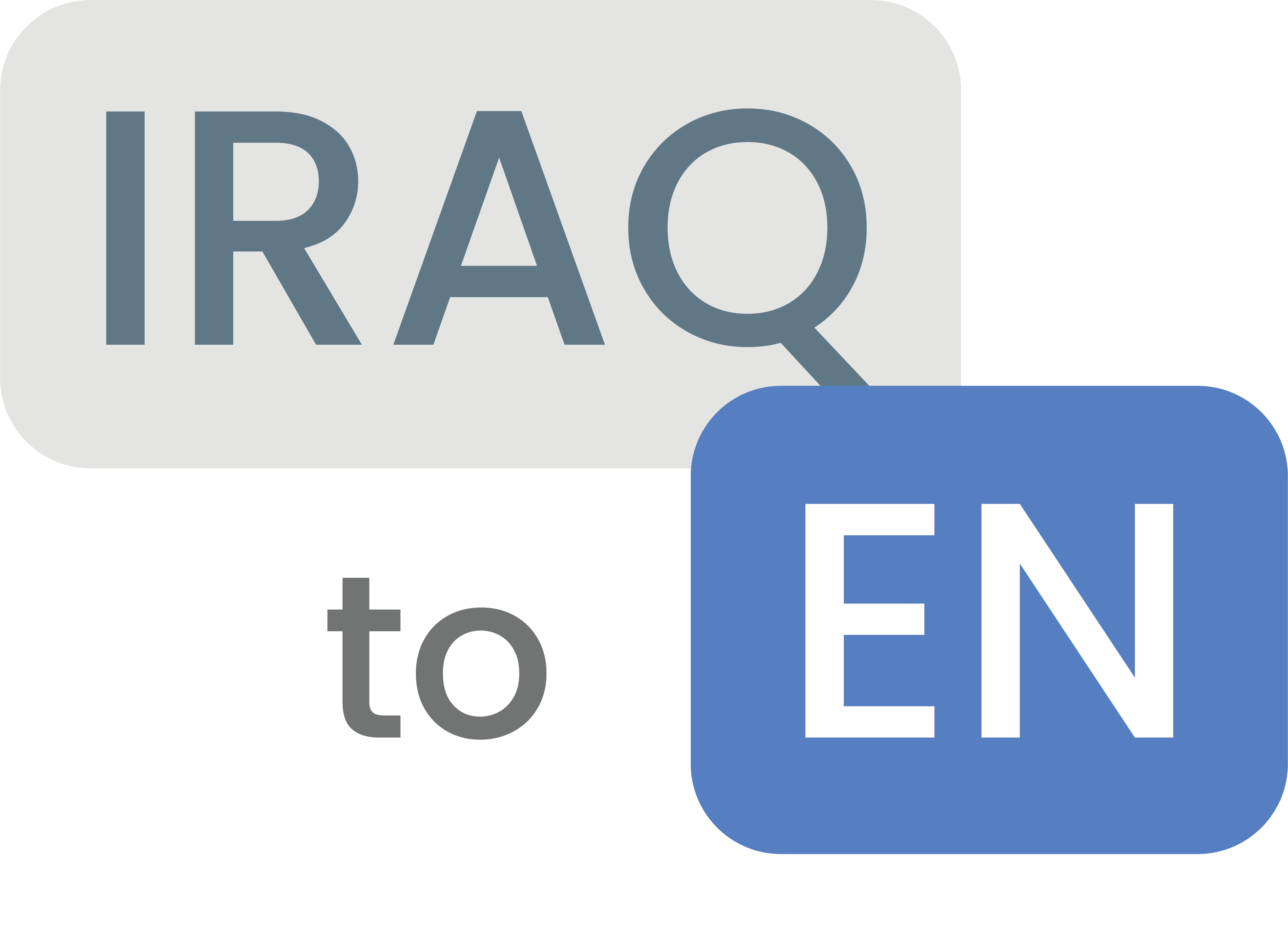Huawei’s Li Peng: Unleashing New Growth in 5G and New 5.5G Commercialization

Iraq is an ‘interesting market’: Danish ambassador
Kurdistan Region, ERBIL – The Danish ambassador to Iraq told Rudaw on Tuesday that the two countries have a solid relationship because Copenhagen sees Iraq as a “interesting market.”
Stig Paolo Piras told Rudaw’s Bestoon Othman on Tuesday, “It [Iraq] has always been an intriguing market for us, and it has been a fantastic country to collaborate with worldwide.”
Piras went on to say that Denmark is home to a large number of Iraqis, who are involved in the Danish business, culture, and politics.
The ambassador addressed Iraq’s present political standstill, stressing that the country is still a young democracy, and that some initiatives will need time and patience, in the hopes that the impasse will not escalate to violence.
“When you have these kinds of deadlocks, I think violence is always a risk… We require a [Iraqi] government that is capable of working and reforming. But Iraq is still a young democracy, and some of these things will take time; I believe we must also be patient.”
Iraq held elections in October in response to widespread protests, but political difficulties have prevented the country from forming a new government more than eight months later.
Regardless of the country’s political condition, Piras believes Iraq’s democratic experience has been a “success tale” because the country has had five straight democratic elections.
Piras commented on Denmark’s military assistance to Iraq.
The training mission of the North Atlantic Treaty Organization (NATO) in Iraq began in October 2018, and Denmark assumed command of the mission in December 2020 for an 18-month period.
“The NATO deployment is not, contrary to popular belief, a training mission. “It’s essentially an advise mission where we help the defense forces and the ministry of defense modernize on a strategic level,” Piras explained.
In response to unresolved differences between the two leading Kurdish parties, the Kurdistan Democratic Party (KDP) and the Patriotic Union of Kurdistan (PUK), and their impact on Iraq’s political impasse, the Danish ambassador said that he has always encouraged the two parties to work together, adding that their unity gives the Kurds a stronger voice.
“I believe that all differences in Iraq on major topics are bad for Iraq,” he continued, “but in a democracy, you have diverse viewpoints.”
In the fight to establish Iraq’s next government, the KDP has formed a tripartite alliance with the Sadrist group and the Sunni Sovereignty Alliance, while the PUK has allied with the Coordination Framework, a pro-Iran Shiite alliance.
Furthermore, the two largest Kurdish parties have failed to reach an agreement on a presidential candidate, with the KDP fielding Reber Ahmed against the PUK’s pick of incumbent Barham Salih.


